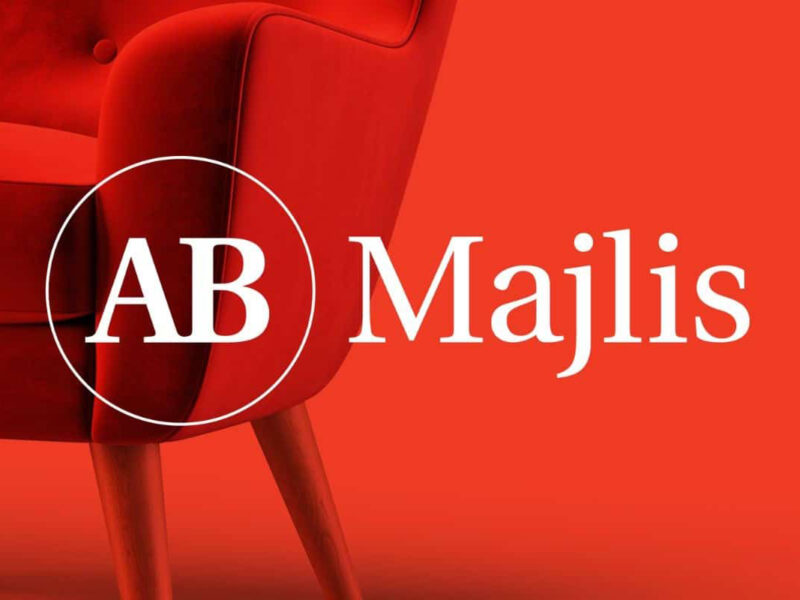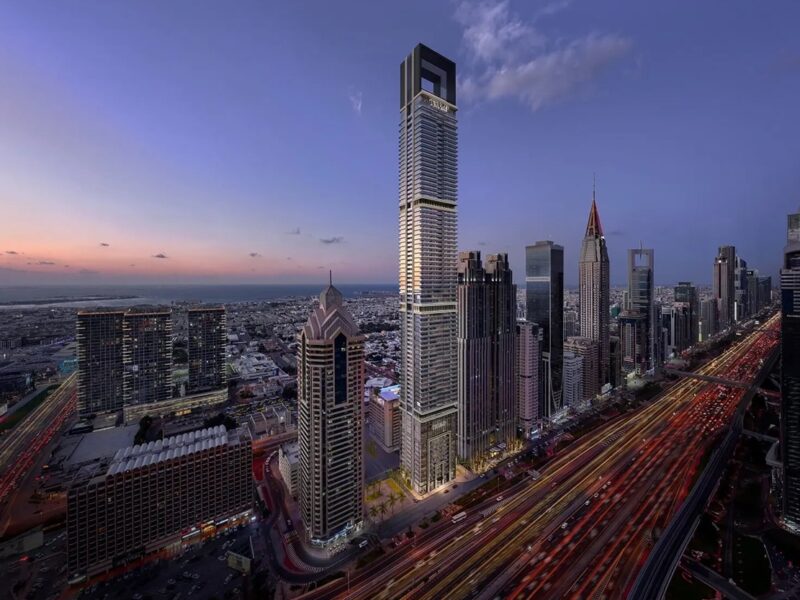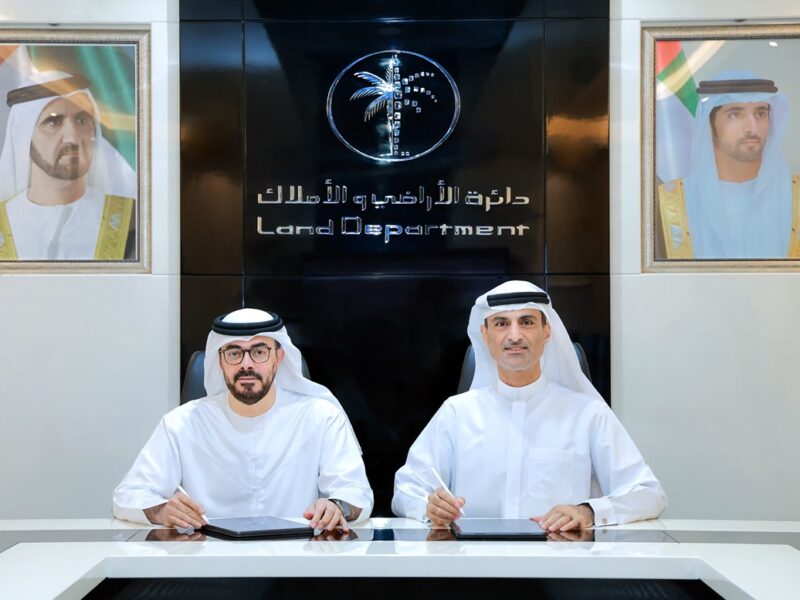The technology arm of e& is taking an unusually integrated approach to digitising UAE government services, positioning itself as a single point of accountability in the nation’s ambitious zero-bureaucracy initiative.
“What happened historically, maybe 15, 16 years ago, when e-government was introduced… it was more of garbage in, garbage out. They took all the manual processes and started digitalising them,” said Ragy Magdy, chief commercial officer at e& enterprise, in an interview at Dubai’s World Government Summit. “But what’s happening with the government bureaucracy now… it’s more of redefining and redesigning the service.”
This end-to-end strategy marks a departure from traditional digital transformation projects, where multiple vendors handle different aspects of modernisation. “There is one neck to choke,” Magdy said. “We are able to work all the way from the business side, all the way to deliver those platforms under our managed services, our own platforms, with our own people.”

Transforming telecom with AI
The company’s transformation builds on decades of experience managing the UAE’s telecommunications infrastructure.
“In the past 47-48 years of e& UAE, we’ve done a lot of transformation from our data management systems, from our cloud adoptions, and AI recently, IoT implementation,” said newly appointed e& enterprise CEO Khaled Murshed, in an interview on the AB Majlis podcast.
“We have all that knowledge, all that expertise, and all those talents. Let’s take this and replicate it for the industries around us.”
Early results include what the company calls the world’s first remote investigation system for Dubai Public Prosecution, dramatically reducing the need to transport individuals for questioning. The firm is also developing AI agents that can proactively handle routine government services.
“With AI and agentic AI, you can actually build agents, and those agents will just prompt ‘It’s time to renew your driving license, shall I proceed?’ and the agent on your app would go fetch the right documentation, go pay the fees, go pay the fines,” Magdy explained. “What would have taken maybe a day, a day and a half is now two clicks.”
The stakes are significant. “AI is going to contribute to 11 per cent of the GDP of the region in 2030… more than $320 billion,” according to Murshed. But technical hurdles remain, particularly around data management.
“One of the main challenges that we’ve seen is the outdated legacy data management systems,” Murshed said. “AI and the digital transformation, they work with data and if I cannot extract the data I will not be able to transform or implement any use cases.”
The company is expanding its reach beyond the UAE, with operations now in Saudi Arabia and Egypt. It’s also preparing for the next wave of technology.
“In the UAE we are targeting to launch 6G in 2030. So this is just around the block. Actually, we launched our 6G lab, I believe last month, in coordination with some of the leading institutions in UAE,” said Murshed.
For e& enterprise, success in the UAE could serve as a blueprint for government modernisation across the region. The unusually close public-private cooperation is key to this success.
“I’m seeing an unbelievable level of fusion happening between the government entities and the private sector,” Magdy said. “It’s not a logistic cliché. It’s an open dialogue between the government and the private sector.”
Tune in to AB Majlis’ WGS Special series with e&
To listen to the full episodes with Murshed and Magdy and gain a comprehensive understanding of doing business in the Gulf region, visit our RSS feed or check out AB Majlis on Spotify, Apple Podcasts, and other platforms.
Episodes are also available on:
Tune in every Monday for weekly episodes that will help you stay ahead of the curve and enrich your understanding of the Gulf region.
Subscribe to Arabian Business for more exclusive content.








